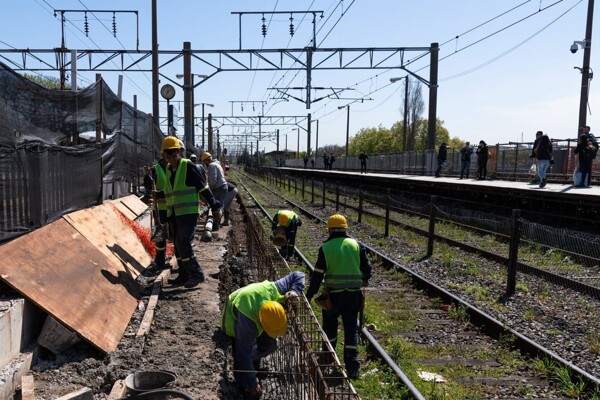
Technological knowledge becomes a key competitive advantage in the new labor landscape, where professionals must lead the change towards a more automated and intelligent economy. Instead of the number of hours worked, the capacity for innovation and mastery of technological tools will set the standard for the future of employment. Both governments, businesses, and educational institutions will play an essential role in ensuring that the workforce is prepared to face challenges and seize opportunities in an environment of automation and artificial intelligence.
Bill Gates emphasized that the reduction of repetitive tasks will be key in the future of work, allowing workers to focus on strategic and innovative tasks. In a world where artificial intelligence and automation redefine labor dynamics, Gates highlights the importance of optimizing time and dedicating it to tasks that require creativity and reasoning.
Education and continuous training will be essential to maintain competitiveness in this new labor landscape. With technological evolution, workers will need to constantly update their knowledge and skills to adapt to market demands.
Among the areas with the greatest potential are professions such as Renewable Energy Engineer, Energy Efficiency Specialist, Smart Grid Technician, among other technological and sustainable disciplines that will play a crucial role in the transformation of the labor market. Gates also highlights the importance of mastering skills such as programming and digital literacy to access better job opportunities in the coming years.














